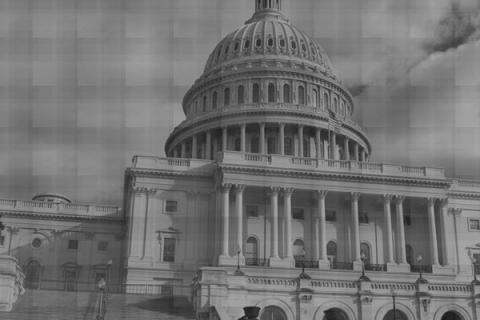Over the past month, three California cities, Stockton, Mammoth Lakes, and now San Bernardino have begun proceedings to file for Chapter 9 bankruptcy protection. This is an alarming trend when considering that the two largest cities to ever opt for bankruptcy in the nation, Stockton and San Bernardino, are both among the latest out of California.
Such high profile cases all within such a short span of time point to much larger issues that need to be addressed in the Golden State, and it certainly doesn’t bode well for the number of other cities and counties across the state that are also in dire financial straits.
San Bernardino and Stockton were areas that grew rapidly during the housing boom, and fell into deep fiscal problems following the crash. The current crisis should come as no surprise, as it has been long in the making for many such cities- recovery from the recession has been slow to come and the state government’s continued raid of local coffers have only made matters worse. With city reserves exhausted- making payroll, covering bond obligations, and dealing with rising pension costs on top of lucrative labor contracts have become too much for some.
What has the California state government done to address local bankruptcy filings?
The decision for local governments to file for Chapter 9 as a last resort is far from simple, much like the process itself. California has an additional set of guidelines that must be met with before local governments can even petition and prosecute to complete bankruptcy proceedings under U.S. law. Three years of intense legislative battles led California state lawmakers to pass AB 506, or the “municipal bankruptcy bill”, during the 2011 legislative session. This controversial law helped to outline a neutral evaluation process between all interested parties prior to the filing (e.g. labor unions, and bondholders) - in the case that further concessions can be made to reach a settlement with the city in order to avoid bankruptcy. Both Stockton and Mammoth Lakes are currently undergoing the process as defined by AB 506.
A new bill, AB 1692, was proposed earlier this legislative year which would essentially unravel the compromise struck in passing the “municipal bankruptcy bill”. Assemblyman Wieckowski, author of the original bankruptcy bill, now looks to further prevent the ability of local governments to file bankruptcy by amending the negotiation process and the selection of a mediator. If passed, negotiations like those being undertaken by Stockton and Mammoth Lakes can carry on indefinitely, taking away the city’s ability to address their most pressing fiscal problems and effectively file for Chapter 9 protection.
As of now, AB 1692 is currently held up in Senate Rules, but considering recent developments, it would not be surprising if the bill receives a new push.

